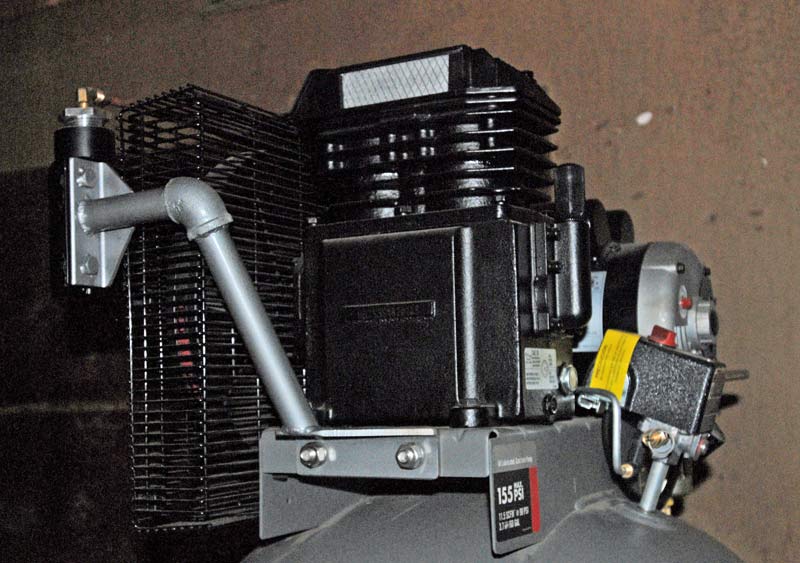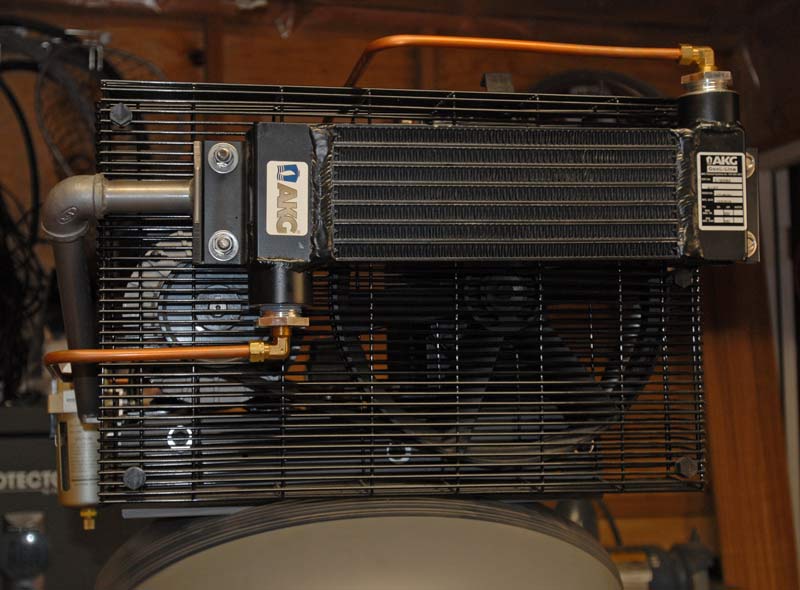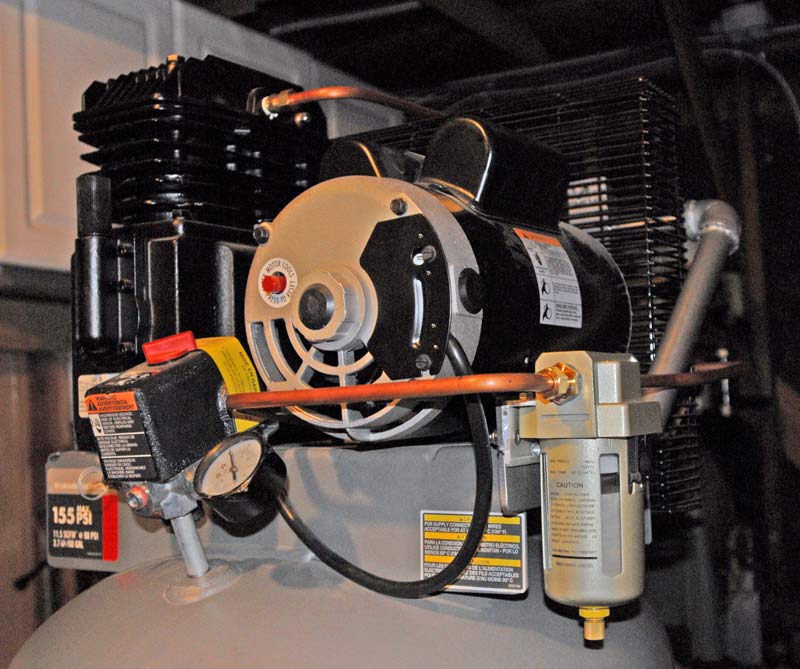Well i'm pretty sure I asked about this already, but I've looked through 100 of my posts and can't find it. Anyways, people on here were saying that the heat from the compressor causes the hot air to condense and make water at the bottom of the tank. Well I've noticed I can drain the water out, not even let the pump turn on, then drain more out the next day. What gives?




 Reply With Quote
Reply With Quote
 But yes, moisture and a compressor go hand in hand which is why you need to care for them by regularly draining that water out of the tank. You can easily replace the generally "uncomfortable to use" OEM stop-cock with 1/4" NPT fittings and a ball valve to make that easier to do manually.
But yes, moisture and a compressor go hand in hand which is why you need to care for them by regularly draining that water out of the tank. You can easily replace the generally "uncomfortable to use" OEM stop-cock with 1/4" NPT fittings and a ball valve to make that easier to do manually.









